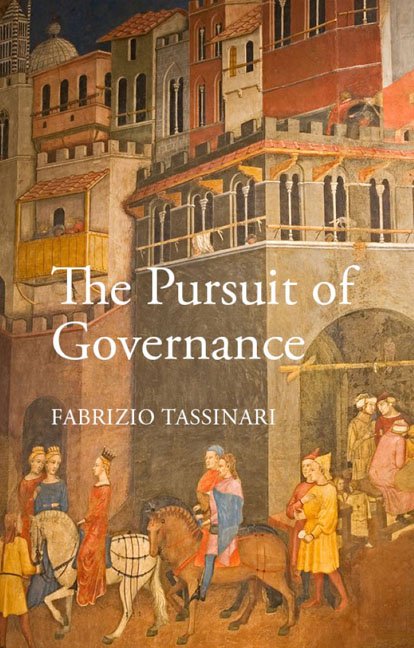Book contents
- Frontmatter
- Contents
- Dedication
- Acknowledgements
- Introduction: the pioneers
- 1 From Singapore to Sacramento: a method of governance
- 2 It takes an island: the sources of governance
- 3 The crystal curtain: a culture of governance
- 4 Hail to the mandarins: the scaffolding of governance
- 5 The good disorder: the limits to governance
- 6 A transnational world: the practice of governance
- Conclusion: the new middle way
- Notes
- References
- Index
3 - The crystal curtain: a culture of governance
Published online by Cambridge University Press: 09 January 2024
- Frontmatter
- Contents
- Dedication
- Acknowledgements
- Introduction: the pioneers
- 1 From Singapore to Sacramento: a method of governance
- 2 It takes an island: the sources of governance
- 3 The crystal curtain: a culture of governance
- 4 Hail to the mandarins: the scaffolding of governance
- 5 The good disorder: the limits to governance
- 6 A transnational world: the practice of governance
- Conclusion: the new middle way
- Notes
- References
- Index
Summary
“I actually feel pretty comfortable in New York. I get scared, like, in Sweden”. Lou Reed, the frontman of the Velvet Underground is thinking aloud while playing himself as the dishevelled city-dweller in the movie Blue in the Face: “It's kind of empty, they’re all drunk, everything works. If you stop at a traffic light and don't turn your engine off, people come over and talk to you about it. You go to the medicine cabinet and open it up and there will be a little poster saying: ‘In case of suicide, call …’. You turn on the TV, there's an ear operation. These things scare me. New York? No.”
I would not know if the show on otolaryngology ever took place. To make up for it, there has been another, on the first channel of the Norwegian state television, which showed logs burning in a fireplace for 12 straight hours. The debate in the television studio centred on issues such as chopping, stacking and the best music to accompany the log burning operation (“nerdy” items, by the producer's own admission).
The point, so bizarrely illustrated by Lou Reed, is that the Nordics are different, in ways that are so perfect as to seem to some extent inhuman. Authors Henrik Berggren and Lars Trägårdh even wrote a book asking the somewhat disturbing question: “Are the Swedes humans?”3 As a “Southerner” living in these lands, I have often been tempted to associate the Nordics’ sophistication, disarming simplicity, precision and ruthless pragmatism, to übermenschian qualities. In this, Nordic societies remind me of an operating room or a chemistry lab: everything is pristine, sanitized, shiny, stainless steel. Bespectacled scientists in their immaculate white overcoats are free to experiment on humanity's next frontier.
Theoretically, a united Europe was supposed to attenuate these differences. For sure in the North they will continue to consume beer and butter, while in the South we reclaim the superiority of wine and olive oil. In the disorganized South, improvization is a necessity that becomes a virtue. Mistrust is a trait that is almost somatized in the way we obliquely look at each other. Yet, for the vast majority of the two million Europeans that constitute the Erasmus generation, Europe is a mindset and a way of life. The opening of borders and the common currency are epochal achievements.
- Type
- Chapter
- Information
- The Pursuit of GovernanceNordic Dispatches on a New Middle Way, pp. 63 - 82Publisher: Agenda PublishingPrint publication year: 2021



